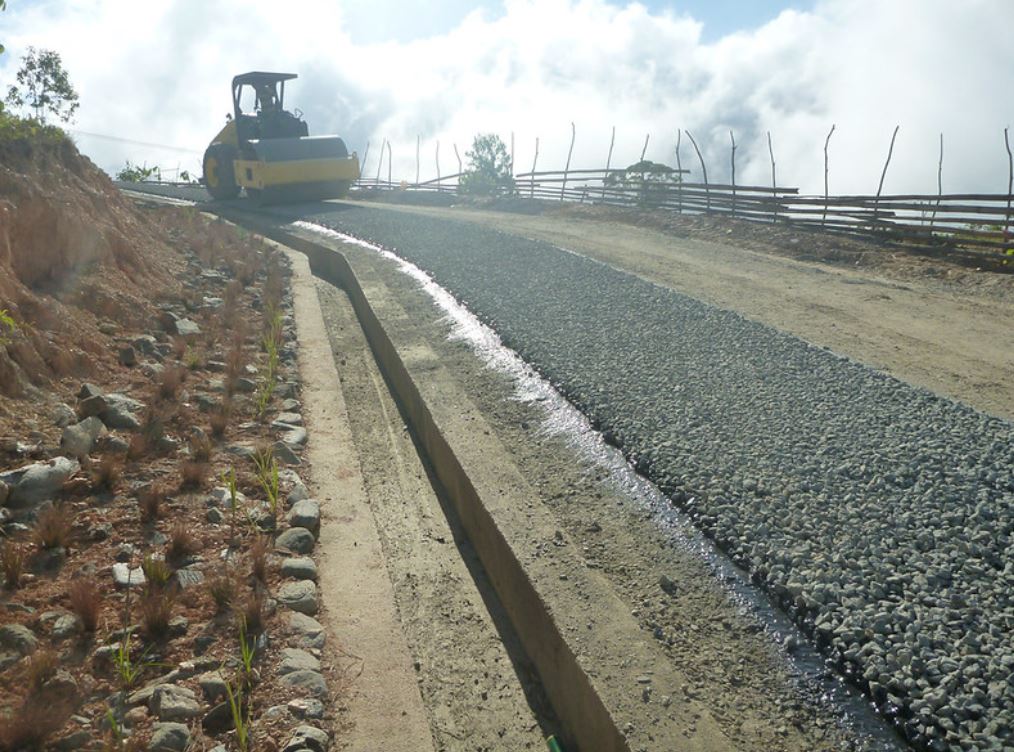Nigeria is set to receive 500 million concessional loan from the World Bank for the Rural Access Agricultural Marketing Project-Scale Up (RAAMP-SU). This, alongside a $100 million contribution from the Nigerian government, will focus on improving rural road infrastructure and supporting sustainable road maintenance.
The project targets the rehabilitation and upgrading of 6,500 kilometers of rural roads to enhance connectivity for rural communities, especially farmers, transport operators, and market participants. The initiative aims to strengthen local institutions, improve food security, and promote socioeconomic development. The project will also benefit approximately 4 million rural residents and emphasize gender equality, improving women’s access to healthcare and the labor market.
Meeting road network needs
This financing is part of a broader effort to address Nigeria’s road network issues, with 80% of rural roads in poor condition, worsened by climate change impacts. The project is expected to foster long-term infrastructure planning and maintenance culture by supporting state-level initiatives like State Road Funds (SRF) and State Rural Access Roads Agencies (RARA). It is the 10th loan approval from the World Bank under President Bola Tinubu’s administration, adding to Nigeria’s total external debt with the World Bank, which now stands at $16.32 billion.
Ndiamé Diop, World Bank Country Director for Nigeria, said: “Rural roads play a critical role in connecting agricultural land to market infrastructure, thereby helping to improve food security. Rural road interventions like the RAAMP-SU will enable socioeconomic development for isolated areas and act as a catalyst for creation of growth centers.”

